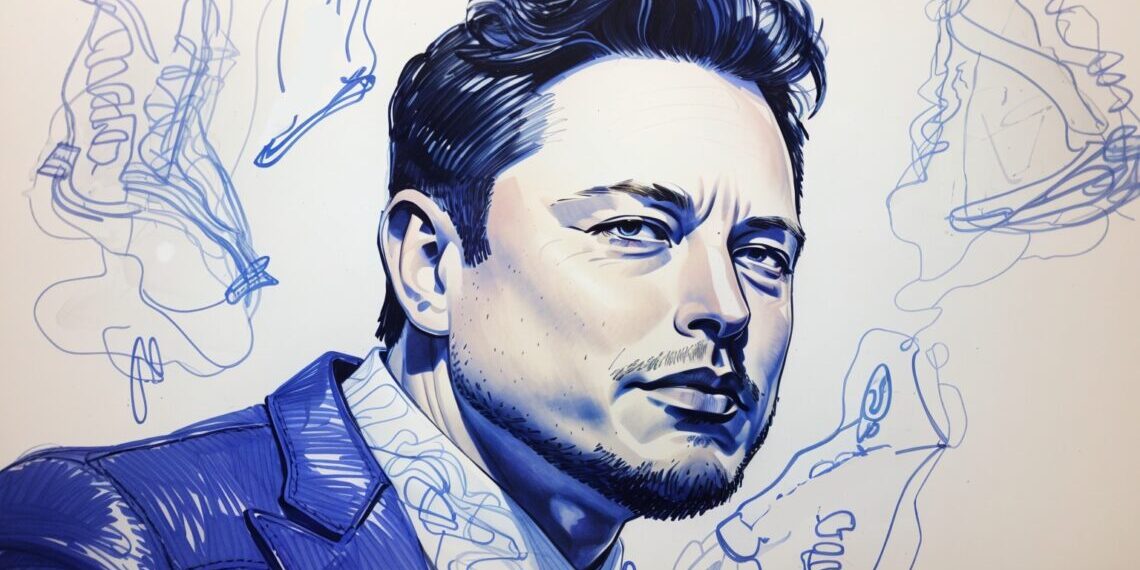Twitter owner and Tesla CEO, Elon Musk, recently revealed the launch of a new artificial intelligence (AI) company called xAI. This announcement follows Musk’s earlier actions of filing for the incorporation of an AI company, amid speculations about his intention to create a competitor to ChatGPT. Musk’s cryptic tweet stated, “Announcing formation of @xAI to understand reality.” The official xAI website further elaborates on the company’s objective, which is to “comprehend the true essence of the universe.”
xAI’s online presence has been minimal, with only one tweet thus far asking, “What are the most fundamental unanswered questions?” Musk leads a team of twelve individuals, all of whom are men and possess experience working across renowned companies such as OpenAI, DeepMind, Google Research, Microsoft Research, and Tesla. Notably, xAI also benefits from the expertise of Dan Hendrycks, the director of the nonprofit Center for AI Safety, who serves as an advisor to the company. The team hosted a Twitter Spaces chat on Friday, July 14, during which they discussed the specific initiatives of xAI.
The release of OpenAI’s ChatGPT in late 2022 prompted various major tech companies to introduce generative AI tools accessible to the public. In mid-March, OpenAI released GPT-4, the latest iteration of their language model, powering the ChatGPT AI chatbot. This advanced chatbot possesses exceptional capabilities, even capable of passing the bar exam. Microsoft entered the AI chatbot arena in February with Bing, which incorporates ChatGPT, and soon thereafter, Google introduced its own AI chatbot, named Bard. Chinese powerhouse Alibaba also unveiled a ChatGPT counterpart that supports the Chinese and English languages.
Despite Musk’s establishment of his AI company, he surprisingly joined more than a thousand individuals in the technology industry who signed an open letter in March, urging research laboratories to cease AI development for at least six months due to the “profound risks” posed by increasingly powerful AI systems. In June, OpenAI CEO Sam Altman and DeepMind CEO Demis Hassabis, along with other scientists and notable figures, echoed these concerns by signing a statement highlighting the potential risks associated with AI. Furthermore, Microsoft released a comprehensive 40-page report in May emphasizing the need for AI regulation to pre-empt potential risks and malicious actors.
The emergence of xAI under Elon Musk’s leadership has attracted attention due to its unusual aspirations to grasp the fundamental realities of the universe. With a team comprising industry experts and the support of an influential advisor, xAI’s future endeavors remain a subject of interest and speculation.
The whytry.ai article you just read is a brief synopsis; the original article can be found here: Read the Full Article…





